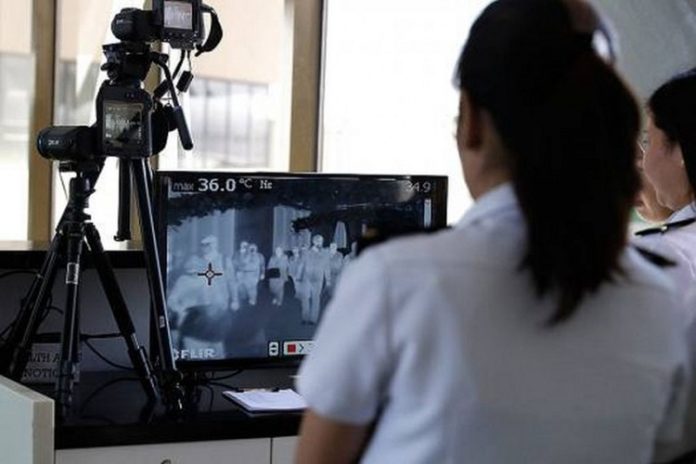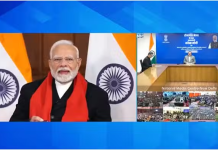New Delhi, May 11
Coronavirus-infected patients can end home isolation after 17 days of onset of symptoms or date of sampling and if they have no fever for 10 days without getting tested again for COVID-19, according to revised guidelines for home isolation of very mild/pre-symptomatic cases.
The revised guidelines released by the health ministry reiterated that patients, who are pre-symptomatic or have very mild symptoms, can opt for home isolation if they have the requisite self-isolation facility at their residence so as to avoid contact with other family members.
The patient should be clinically assigned as a very mild case or pre-symptomatic case by the treating medical officer and should regularly inform his health status to the district surveillance officer for further follow-up by surveillance teams.
“Patient under home isolation will end home isolation after 17 days of onset of symptoms (or date of sampling, for pre-symptomatic cases) and no fever for 10 days. There is no need for testing after the home isolation period is over,” the revised guidelines stated.
This is in line with the new discharge policy for COVID-19 cases released on May 9 by the health ministry stating coronavirus-infected patients developing severe illness or having compromised immunity will only have to test negative through RT-PCR test after resolution of symptoms before they are discharged by a hospital.
Moderate cases of COVID-19 and pre-symptomatic, mild and very mild cases need not undergo tests before being discharged after the resolution of symptoms.
Besides, the guidelines reiterated that the caregiver and all close contacts of such cases should take hydroxychloroquine as a preventive medication, according to the protocol and as prescribed by the treating medical officer. Also, a caregiver should be available to provide care on a 24×7 basis. A communication link between the caregiver and hospital is a prerequisite for the entire duration of home isolation.
Besides, the guidelines call for downloading the Arogya Setu app on mobile and it should remain active at all times (through bluetooth and Wi-Fi).
Immediate medical attention must be sought if serious signs or symptoms, including difficulty in breathing, persistent pain or pressure in the chest, mental confusion, developing bluish discolorations of lips/face develop.
The patient also has to give an undertaking stating being diagnosed as a confirmed/suspect case of COVID-19, he/she has voluntarily undertaken to maintain strict self-isolation at all times for the prescribed period.
The undertaking also states that the patient is liable to be acted on under the prescribed law for any non-adherence to self-isolation protocol.
The death toll due to COVID-19 rose to 2,206 and the number of cases climbed to 67,152 on Monday, according to the Union Health Ministry. PTI














































